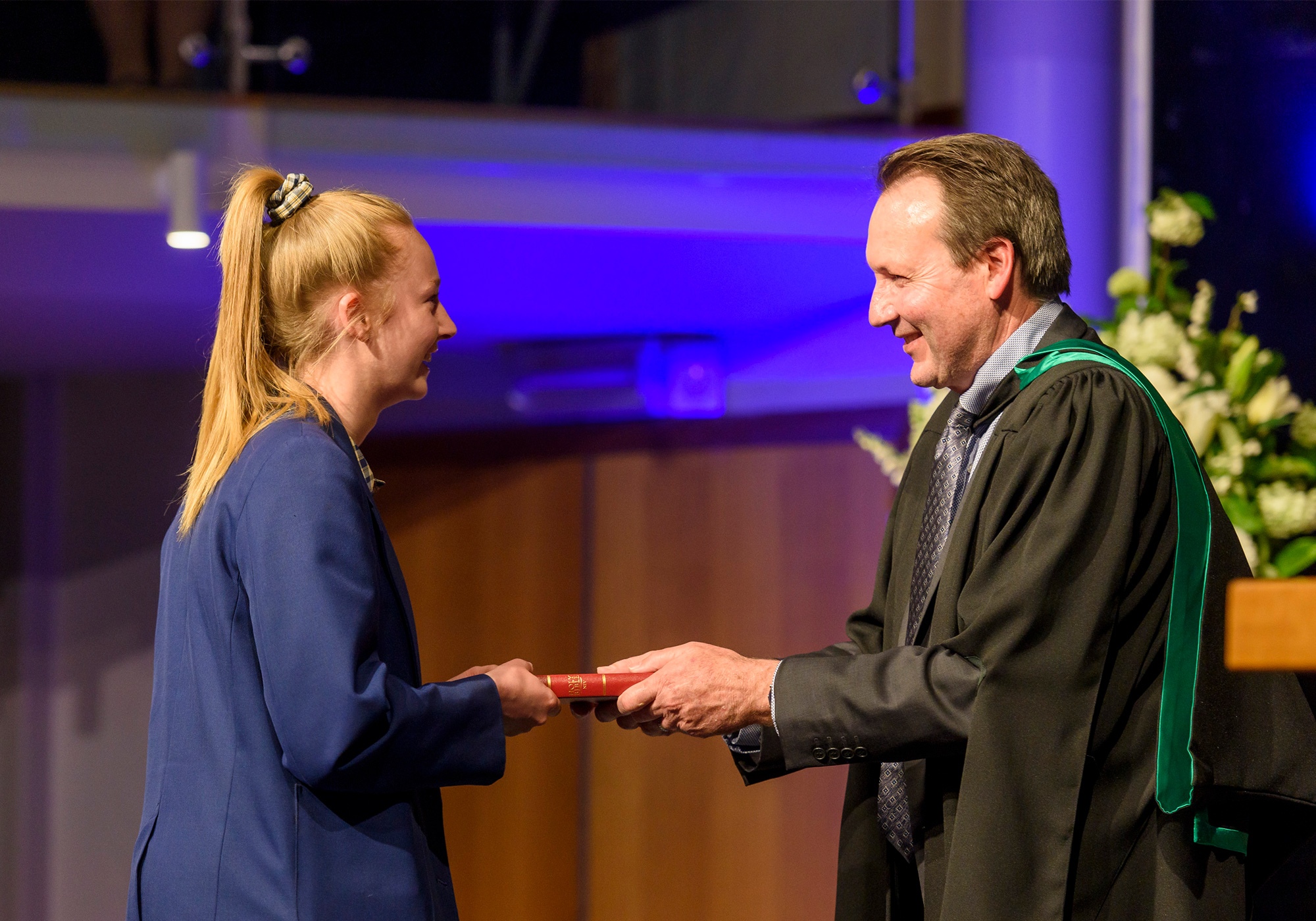The vision for our new structure is to provide a holistic learning and wellbeing experience for our students that enables them to develop the skills and mindsets that our Unlocking Futures and Wellbeing frameworks have been designed to achieve. Essentially, we wanted to clarify and refocus our structures to enable us to strengthen the integration of our programs in developing the ‘whole student’, an approach that research indicates, if done effectively in schools, can markedly increase the learning performance of students.
In our structure moving forward, we will be aiming to achieve these strengthened student outcomes through the development and facilitation of Year Level Programs. In essence, a Year Level Program is the collective learning outcomes delivered through our curriculum and pastoral frameworks, programs and experiences offered to all students and delivered by teachers at a specific year level. This integrated classroom methodology happens seamlessly in our ELC and Primary School, and there is much we can learn about this deeply relational approach in the Middle and Senior School.
Year Level Leaders will have responsibility for coordinating the Year Level Programs. These programs, also referred to as the horizontal programs, include both curriculum and pastoral programs that are to be delivered by Home Class and year level teaching teams.
Year Level Leaders do not have a Home Class responsibility. Instead, they are released to oversee the Home Class year level teaching team, and the work Home Class teachers do with students.
Our Middle and Senior School Year Level Leaders are as follows:
- Year 7 - Rachel Hogan
- Year 8 - Laura Austin
- Year 9 - Ben Crook
- Year 10 - Rachel Paterson
- Year 11 - Judy Harris
- Year 12 - Adrian Bright
Already we can see the many benefits of these positions, which form the centrepiece of our new College Leadership Structure. Monitoring students holistically is critical, as is partnering with parents in this process. Home Class and subject teachers are the first points of parent contact concerning individual student wellbeing and learning because we believe it is important for fostering home/College relationships. In many instances, these communications will share or clarify information regarding Home Class matters or subject learning. The open sharing of information between teacher and parent is key to a successful partnership; hence, Year Level Leaders through Home Class teachers will seek to improve communication lines wherever possible.
A parent guide outlining the first points of contact will be distributed soon. The guide is to help families identify which staff member to contact for various queries. Thank you once again for your support in these difficult times, and I hope and pray we can connect soon in person.
Paul Weinert
Head of College


